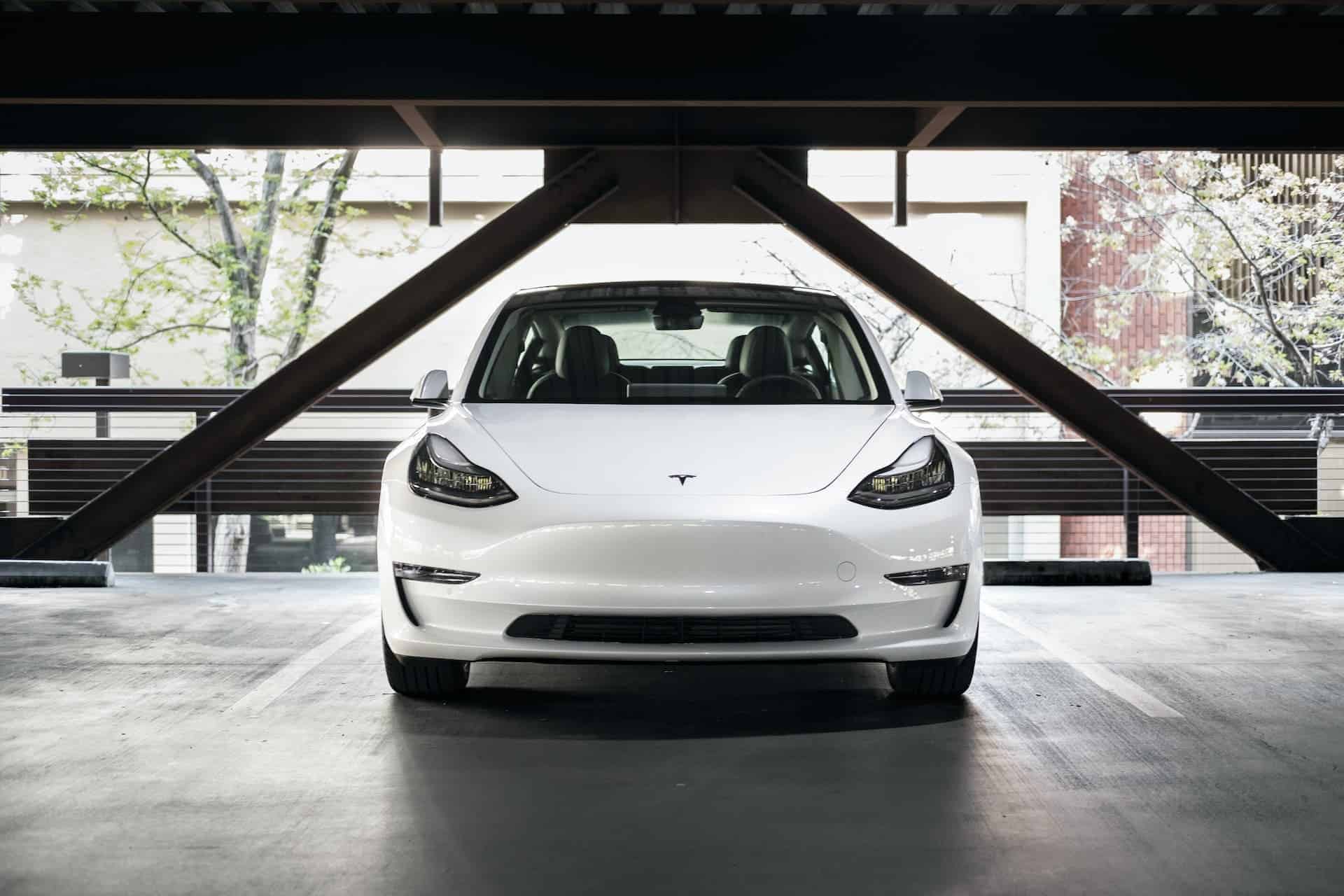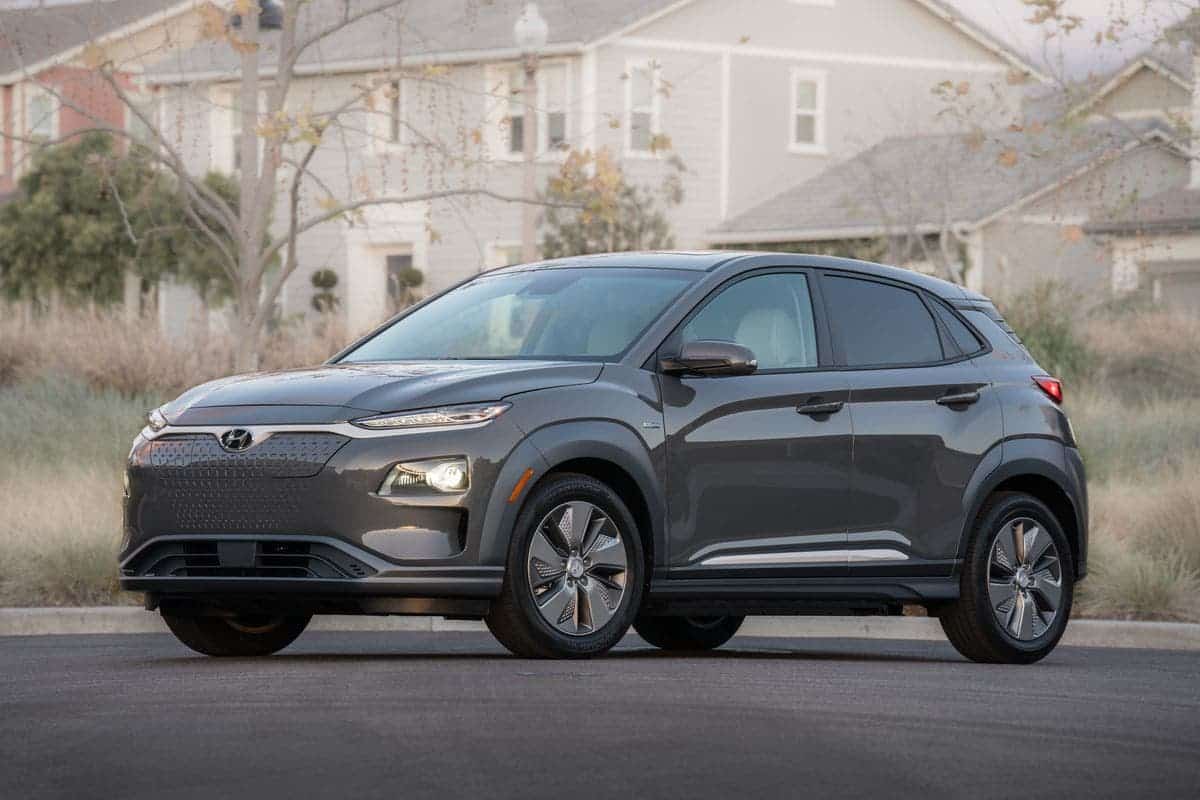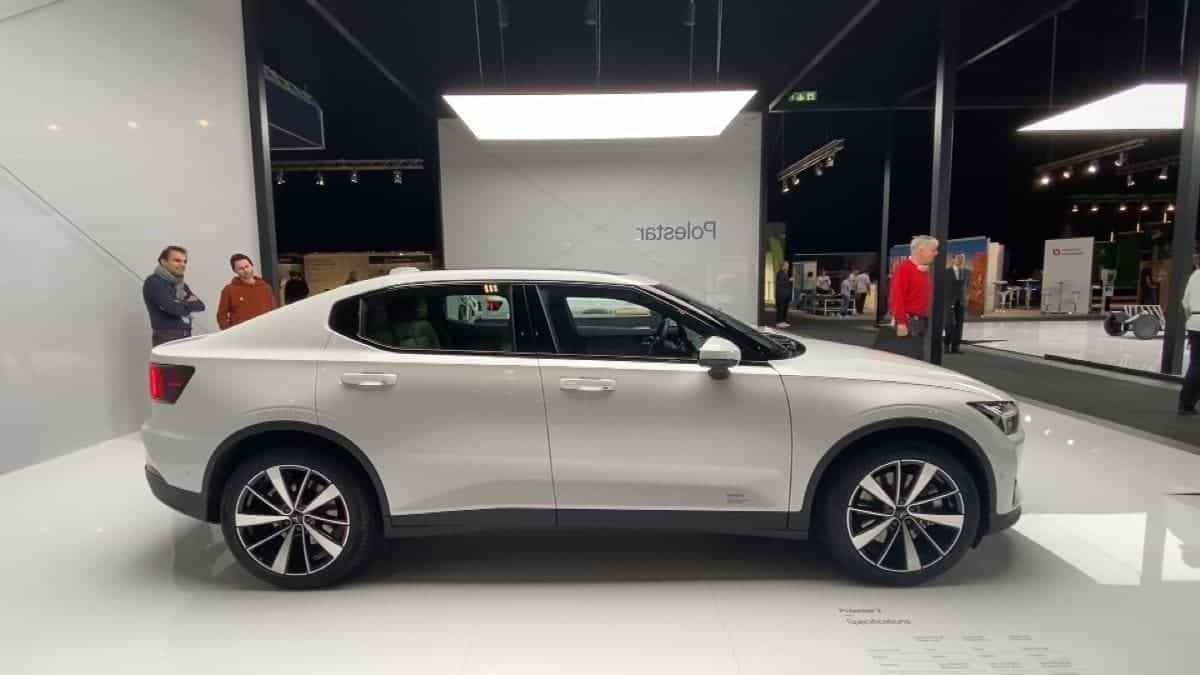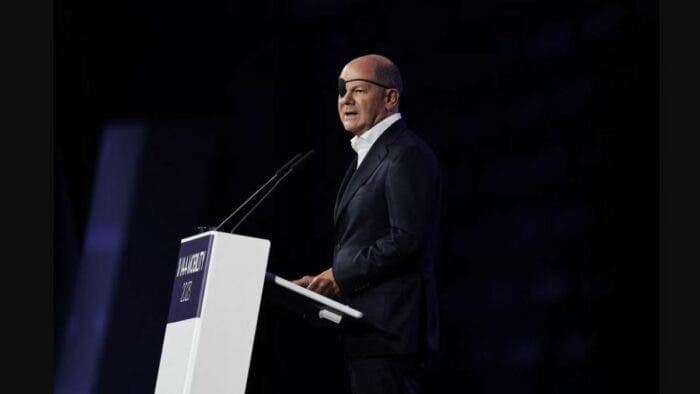German Chancellor, Olaf Scholz recently announced a new law aimed at expanding the number of electric vehicle (EV) charging stations in Germany. The announcement comes amid protests and rising Chinese rivalry in the auto industry. Scholz praised the auto industry for its efforts to transition to EVs. He said that “the coming weeks will see Germany become “the first country in Europe to introduce a law requiring operators of 80% of all service stations to provide fast-charging options with at least 150 kilowatts for e-cars”.

When this expansion is fully active, it will take care of the anxiety that EV drivers face because of range. However, the Scholz did not give any specific time frame for the completion of the expansion. The target for Germany, which is Europes largest economy is 1 million EV charging stations by 2030. At the moment, the country has only 90,000 charging stations. This means that it hopes to build no less than 910,000 charging stations over the next 7 years. This is quite a large expansion relative to what they have at the moment. In terms of official electric cars in Germany, the company currently had 1.2 million as of the end of April.
Considering that the country has 90,000 EVs, this means that the EV: EV charging ratio is about 13:1. According to the KBA federal motor authority, by 2030, Germany hopes to have no less than 15 million EVs. Thus, if it meets its target of 1 million EV charging station, the ratio will increase to 15:1 by 2030.
Germany Electric Vehicles Expansion Law
The new law will require operators of 80% of all charging stations to be equipped with fast-charging tech. This will help to address one of the biggest concerns of EV owners, which is the lack of charging infrastructure. The law will also require charging stations to be located in convenient locations, such as near highways and in urban areas. Scholz praised the auto industry for its efforts to transition to EVs, saying that “the German auto industry is leading the way in the transition to electric vehicles.” He also acknowledged the challenges facing the industry, including rising Chinese competition and protests from environmental groups.
The country has set a goal of having up to 15 million EVs and 1 million charging stations on its roads by 2030[2]. To achieve this objective, several EV incentives have been extended or added, including grants, tax breaks, and unique perks. The cornerstone of Germany’s mobility policy is the Act on E-Mobility (Elektromobilitätsgesetz) of 2015, which allows municipalities to create preferential parking options and apply reduced parking rates for EVs. It also creates new traffic signs and introduces special number plates indicating the vehicle’s electric engine and thus its eligibility for a special set of privileges.

The German government has also provided €300 million towards expanding the charging infrastructure, with €200 million available for rapid charging infrastructure. The main challenges to further deployment of EVs in Germany include the high cost of EVs compared to conventional cars, the limited range of EVs, and the lack of charging infrastructure in some areas. However, with the positive growth in the EV market and the new budgets, Germany’s sights to double its EV market goal look promising.
Protests
However, environmental groups have been protesting against the auto industry in Germany for years. They are calling for stricter emissions regulations and a faster transition to EVs. The protests have intensified in recent years, with activists blocking roads and disrupting auto shows. The protests have put pressure on the German government to take action to address climate change and reduce emissions. The new EV expansion law is one of several measures that the government has taken to promote the transition to EVs.
In a bid to address the ongoing protests, at the end of Scholz tour, he said “Protests are part of public and democratic debate … but it is a little anachronistic. If you walk through these stands and see the new technologies… to make mobility have less or no emissions in future, it is a bit irritating”. He adds
“We can increase our wellbeing with great products, and they will be carbon-neutral,”
With regards to rivalry from other EV brands in China, Scholz said “Competition should spur us on, not scare us”.
He adds that such fears should not be entertained and maintains that rivalry will make the market improve
“In the 1980s, it was said Japanese cars would overrun the market. Twenty years later it was cars ‘made in Korea’ and now supposedly Chinese electric cars,”.
Auto Industry’s Transition to EVs
The auto industry’s transition to EVs has been a rocky one, with many challenges along the way. German carmakers are racing to adapt, with Mercedes, BMW, and Volkswagen. They are all committed to rapid electrification programs and multi-billion battery investment deals. However, their ability to manage the transition is far from a sure thing.

The latest example of this is a mega IPO for a slice of Porsche shares later this month to raise funds for investments in e-mobility and software by its parent company VW. This comes just as the carmaker’s new leadership reconsiders its single-minded electric push.
Conclusion
Germany’s Scholz praises auto industry amid protests, announces EV expansion law. The new law will require operators of 80% of all charging stations to be equipped with fast-charging technology. They must also be located in convenient locations. The auto industry’s transition to electric vehicles has been a rocky one, with many challenges along the way. The new law is one of several measures that the German government has taken to promote the transition to EVs. It is also using the same medium to address climate change issues.






how they success in covering 80% of all gas station to offer 150kW charging stands? unreal
COINSRECOVERYWORLDWIDE\
@
GMALE
[.] DOT
COM
offers detailed and extensive blockchain forensic analysis investigations. Recover scammed bitcoin and stolen cryptocurrency with the Recovery Dream Team (RDT). RDT is a group of recovery experts that includes; blockchain forensic analysts, cryptocurrency engineers. They are carefully selected from across the world trained to trace funds lost to cryptocurrency fraud and theft.
coinsrecoveryworldwide
@
GEE
MALEE
[.]DOT
COM
THE ONLY RECOVERY AGENCY I CAN RECOMMEND CAUSE THEY DID A GREAT JOB HELPING ME WITH MINE